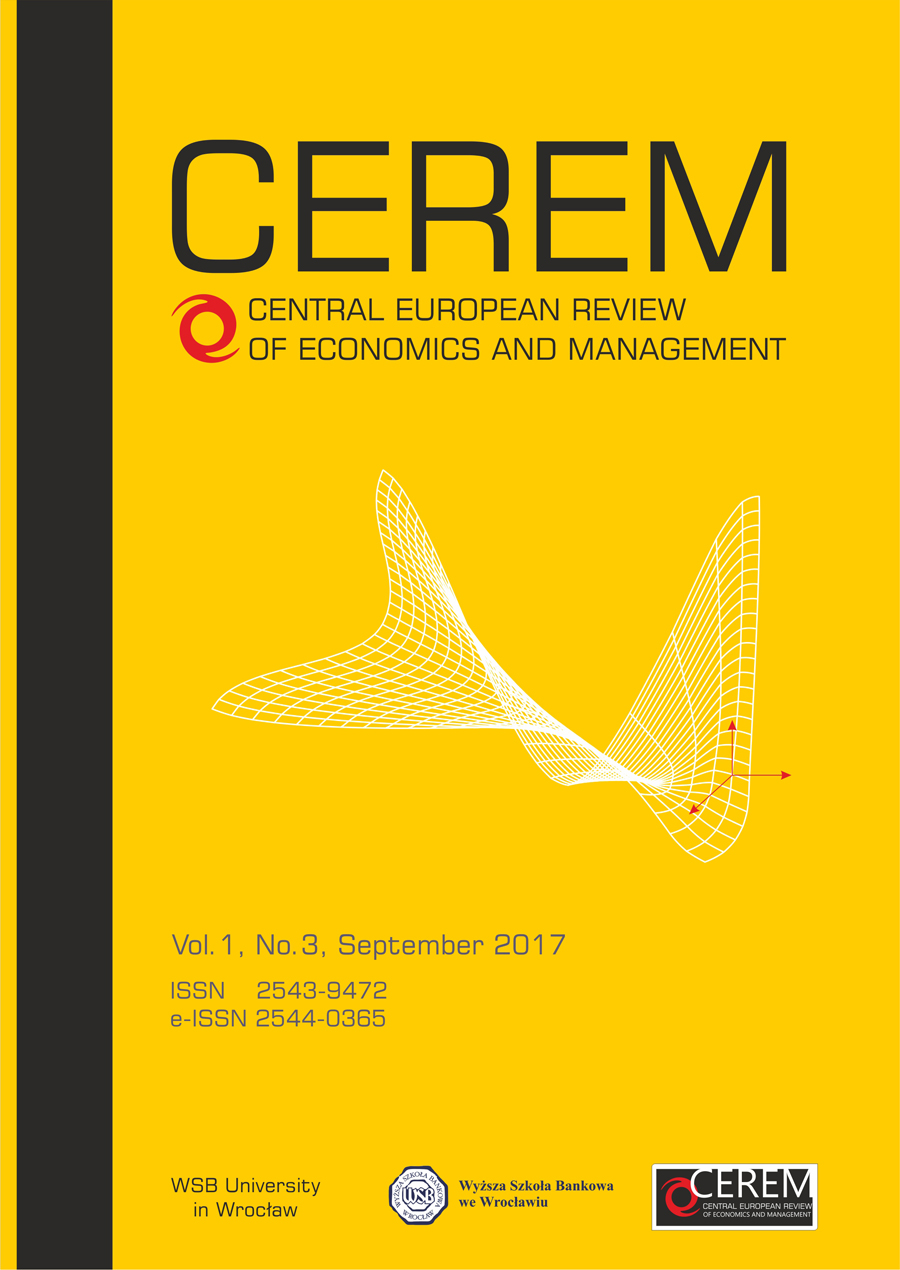“Anti-competition agreements” and legal options to pursue claims for damages before common courts
DOI:
https://doi.org/10.29015/cerem.485Słowa kluczowe:
public competition law, anti-competition agreements, relevant market, the abuse of dominant positionAbstrakt
Aim: In the article the situation is discussed where the refusal by an energy supplier to connect other companies to join the network, will be treated (in Poland and the EU) as a prohibited abuse of a dominant position by this company. The identification of such practices is important because EU sectoral legislation does not contain specific provisions requiring companies managing and operating oil pipelines to conclude agreements with other companies to join their networks or to deliver oil.
Design / Research methods: The aim of the article was achieved through doctrinal analysis of the relevant Polish and EU law and by analyzing guidelines issued by EU bodies. In the study, also functional analysis is applied, allowing to examine the functioning of the law.
Conclusions / findings: Access to oil pipelines and the sale of their transmission capacity are determined by the network owners themselves. These owners are private oil companies, not being regulated by European Union law. The obligation to connect other entities to its own network by power transmission companies in Poland results only from the general provisions of Polish competition law. It is shown that refusal to access the network is a manifestation of prohibited abuse of dominant position, which is prohibited whenever the dominant activity is detrimental to allocation efficiency. In particular this concerns the case when the supply of goods or services objectively necessary for effective competition on the market in general is denied, and leads to the elimination of effective competition in the market and/or harm to consumers.
Originality / value of the article: The article discusses the reasons for the legal obligation for energy companies involved in the transmission of crude oil to connect other companies into their own network. This obligation significantly influences the business conducted by the transmission companies.
Implications of the research: The presented research results are useful for assessing decisions issued by the President of UOKiK (the Polish Office of Competition and Consumer Protection) and in the judgments of Polish common courts and EU courts.
Pobrania
Opublikowane
Numer
Dział
Licencja
Autor przenosi nieodpłatnie na Wyższą Szkołę Bankową we Wrocławiu , bez ograniczeń terytorialnych, majątkowe prawa autorskie do tego utworu w rozumieniu ustawy z dnia 4 lutego 1994 roku o prawie autorskim i prawach pokrewnych ( Dz.U. 1994, Nr 24, poz. 83 ze zm. )na zasadzie wyłączności, tj. prawo do:
a) wyłącznego używania i wykorzystania utworu w dowolnej działalności przez Wyższą Szkołę Bankową we Wrocławiu, w szczególności w działalność Biblioteki Cyfrowej uruchomionej przez Wyższą Szkołę Bankową we Wrocławiu
b) wytwarzania, utrwalania i zwielokrotniania egzemplarzy utworów wszelkimi technikami, w tym techniką drukarską, reprograficzną, zapisu magnetycznego oraz techniką cyfrową, w szczególności ich zwielokrotniania poprzez dokonywanie zapisów na płytach typu CD,
c) zamieszczenia wybranych fragmentów utworu w celach promocyjnych w publikacjach, materiałach promocyjnych, w sieci Internet oraz sieciach wewnętrznych typu Intranet Wyższej Szkoły Bankowej we Wrocławiu,
d) wprowadzania utworu do pamięci komputera Wyższej Szkoły Bankowej we Wrocławiu,
e) kopiowania i powielania utworu w technologiach fotomechanicznych lub innych znanych w dniu zawarcia umowy (fotokopie, kserokopie itp.),
f) przetworzenia dzieła na formę elektroniczną i nieograniczonego rozpowszechniania w sieci Internet.


